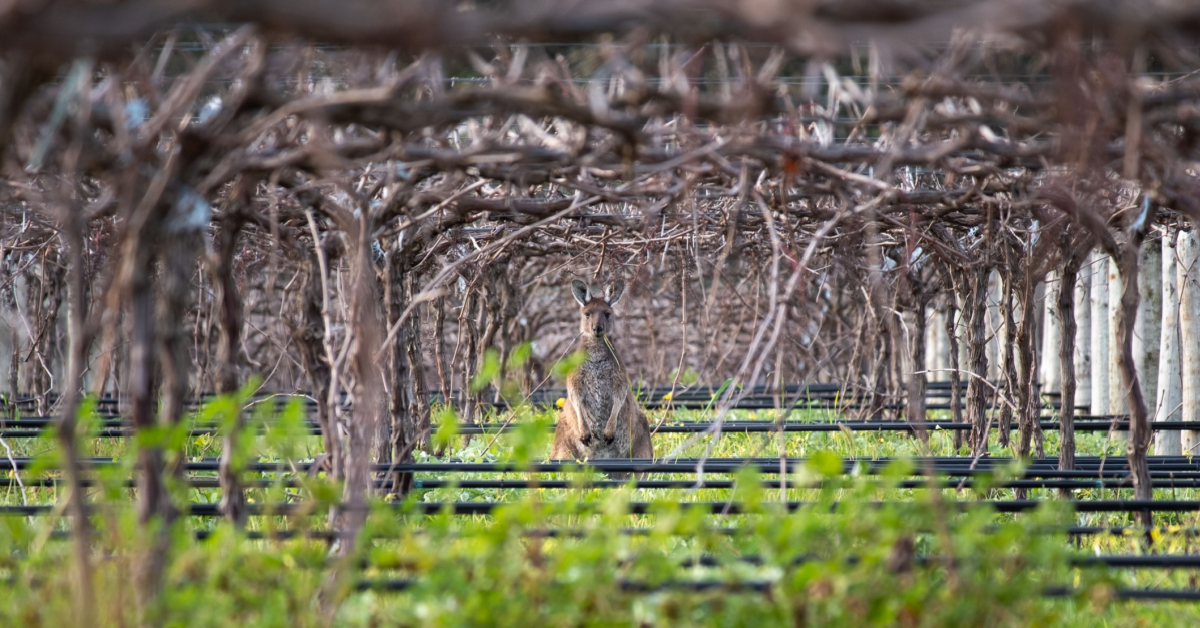
-
Posted by David Sexton
- |
-
5 June, 2025
AUSTRALIAN agriculture is well-positioned to withstand the slings and arrows of a difficult global trading environment, the June quarter commodities report from Department of Agriculture, Forestry and Fisheries has revealed.






